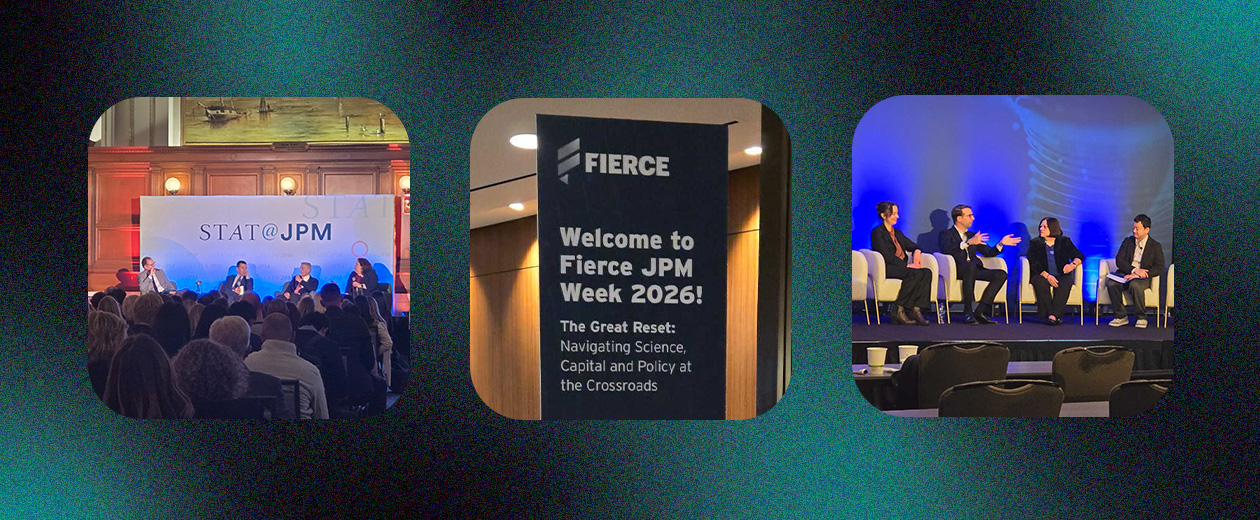
February 12, 2026
February 13, 2026

Reading time
July 10, 2024
October 25, 2021

It didn’t have to end up this way. Not for Facebook or indeed for any other company with ambitions to change how we all work, live, learn, connect and communicate.
Facebook, among the most visible, valuable and consequential companies in the world, finds itself grappling with a long list of skeptics, critics and detractors, and a shrinking list of allies, advocates and believers. But that wasn’t always the case.
While today Facebook’s reach is ubiquitous, its roots are not so different from today’s high-growth companies receiving huge valuations and scaling apace, hoping to make their own dent in the universe.
There’s reputation-building wisdom to be gleaned from Facebook’s journey from founding to present day. Some of that wisdom is obvious, some of it less so. But ultimately, the lesson is that taking principled, often bold action that puts stakeholders’ interests first really matters.
Facebook has repeatedly sought the benefit of the doubt, a valuable reputation measure, from a variety of audiences ranging from policymakers and regulators to parents and privacy advocates. But stakeholders have mostly withheld such a benefit for good reason: Facebook simply has not demonstrated—either through action and evidence, or in word and deed—that its intentions are good and that it should be trusted when things don’t go as planned.
Facebook simply has not demonstrated that its intentions are good and that it should be trusted when things don’t go as planned.
Companies with a strong reputation share a common quality: they often receive the benefit of the doubt. Through fostering transparency and trust, they have developed an ability to get stakeholders to give them a chance to explain why things didn’t go as planned and grant them permission to try again. The benefit of the doubt allows companies to continue to pursue important business goals such as entering new markets, launching new products, making acquisitions and more.
Building reputation is about shaping and protecting business outcomes, making reputation-focused efforts harder to quantify using traditional PR or marketing metrics. At Mission North, we approach reputation building with our clients in order to help them:
Using these measures as a guide, the business and reputational harm Facebook has incurred—due to its own actions and/or inaction—becomes easy to observe:
Unintended consequences aren’t always unforeseen or unknowable.
Whether a company’s ambition is to achieve the ubiquity and scale of Facebook, or to shake up an industry or product category ripe for disruption, leadership teams will be presented with reputation-defining moments from their earliest days onward. Unintended consequences aren’t always unforeseen or unknowable. Encrypted messaging, for example, was always destined for misuse or abuse from those seeking to hide from authorities or do harm. Companies must look ahead and think holistically about how their products and services can impact a wide range of stakeholders both today and far into the future.
While future business outcomes for Facebook are harder to predict, they are certainly being imperiled or slowed due to the company's reputation and the lack of support it has from audiences beyond its shareholders. But it didn’t have to be this way for Facebook. And it doesn’t have to be this way for your company either. By taking principled business actions early and often, your organization can build out a body of evidence that speaks to business performance, corporate character and why the world is better off through the work your company does and the impact you have on your employees, partners, communities and customers.

February 12, 2026
February 13, 2026

January 28, 2026
January 28, 2026